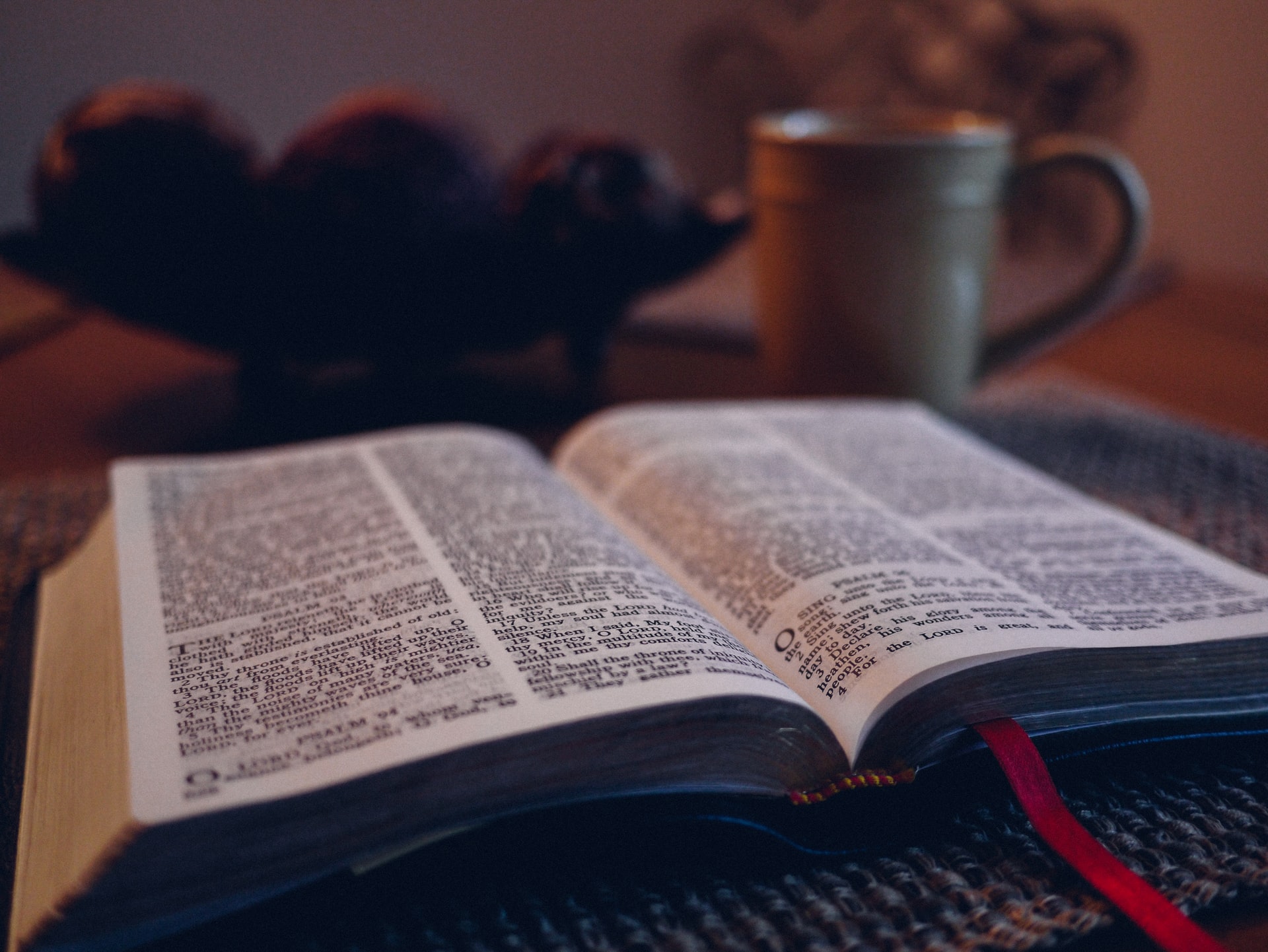Writing in the Church Times, the Archbishops of Canterbury and York reflect on the challenges facing clergy and laypeople this year, and how to build resilience.
We could not be more inspired by some of the stories of selflessness and kindness we have heard about clergy and lay people in our churches in these past months.
And yet we are hearing, over and over again, how exhausted they are. Working such long hours, and sharing in the pain of those they serve, takes a deep toll on mental and physical well-being. You can’t pour from an empty cup, but many of us are left trying.
There are also bigger factors at play. As a society and a Church, we cannot continue to function in crisis mode, living on adrenaline. Now, we are in maintenance mode: accepting that this “new normal” will be around for a while. And it’s tiring: more Zooms, less physical contact, more grief — not just for the people we have lost, but for our old way of living.
This week sees the publication of How Clergy Thrive: Insights from living ministry, by Dr Liz Graveling. Wise, well-researched, and full of good advice, it’s a toolkit to help clergy reflect on their own well-being — and support the well-being of others. This would be welcome reading at any time; in the middle of a pandemic, it’s indispensable.
We cannot sprint indefinitely, or be like the Duracell bunny, bouncing along with an empty smile on its face while others topple over. That’s not resilience. Resilience is the capacity to go on trusting God in the middle of lament, protest, celebration, joy, and any variety of the above.
Resilience is part of the bedrock of the Bible. In Isaiah 7.9, Isaiah says to a panicked King Ahaz: “If you do not stand by faith you will not stand at all.” Ahaz has justifiable worries: an army is threatening to besiege his city. Isaiah says that God is bigger.
How can faith be sustained the face of all the pain and confusion?
First, God offers his people a relationship rooted in transparency and acceptance, one where they can always be honest. This does not mean grumbling without ceasing, but God gives space for lament, grief, anger, and tears. As one who intimately understands pain and grief from the cross, he will stand with people in their suffering.
This foundational relationship with God gives us the opportunity to be radically honest with each other as well. We can say when we are worn down. We can ask for prayer and support. The gospel calls us to be people of truth, even — and perhaps especially — when that truth makes us feel vulnerable.
When we feel overwhelmed and exhausted, it is vital that we remember to take sabbath time. God knows the importance of rest: he loves us because of who we are, not because of what we do.
Are you doing things that give you strength and joy — even just because they are fun to do? Are you doing things that build you up as well as the things you are doing to meet people’s needs?
Finally, don’t be afraid of your own fragility and failings. Everybody gets things wrong, sometimes. But our God is in the redemption business. Jesus gathers up all the fragments. With God, nothing is ever lost, and in his grace we can learn and grow. That is the true wonder of God: his ability to draw hope out of despair, joy out of pain.
Even in the darkest moments, to be a Christian is to declare the possession of hope — because God’s steadfast love endures for ever; because, just when things looked most hopeless, Jesus Christ was resurrected from the dead.
Sometimes, even if it cannot be felt, the goodness of God is working, waiting to come into the light. In the bleakest moments, in Christ’s death, on Holy Saturday, God was doing his most miraculous work.
Neither of us pretends to be especially resilient, especially strong, certainly not especially clever or wise. Yet we know that, despite everything, we are deeply loved by God, and, when we seek to love God back, we find some resilience, a little wisdom, perhaps the odd insight.
It doesn’t take much of fresh vision to become the people of hope. God does the heavy lifting. This country needs a Church that is hope-filled, generous-spirited, humble, accepting, and open.
The Church will have declines and advances. But what we are doing to bless and serve our communities — through schools and 35,000 social projects, with partners and friends, other churches and faith groups — contains the seeds of new resilience, hope, and energy.
This is a profound crisis for the nation, and thus for its Church, and there is a long way to go. But we will come through it, mourn those we’ve lost, and celebrate the faithfulness of God. For all our failures, we pray we may do that with faith in God and hope for the future.
This article was first published in the 22 October 2020 edition of the Church Times.
